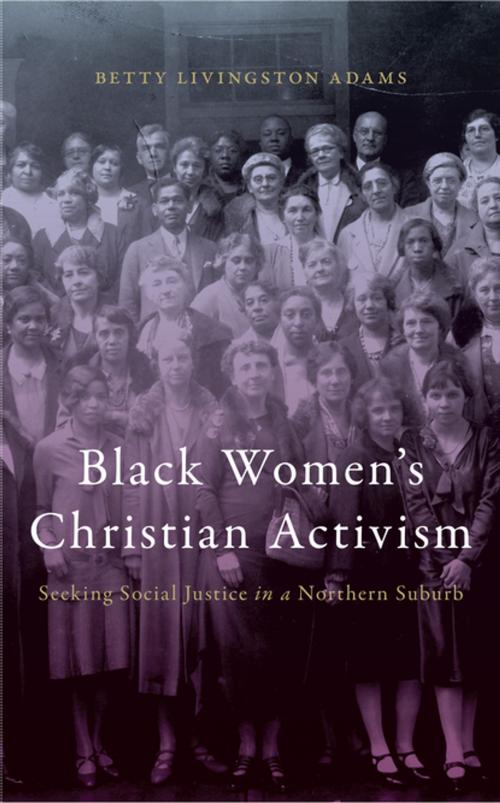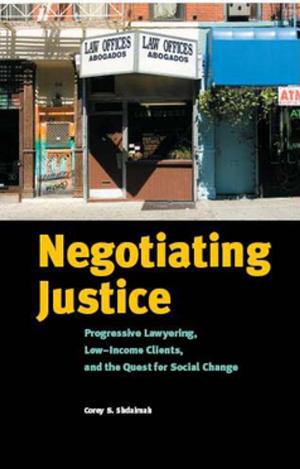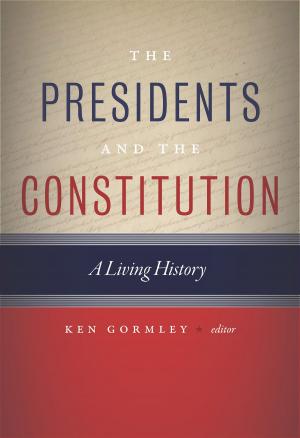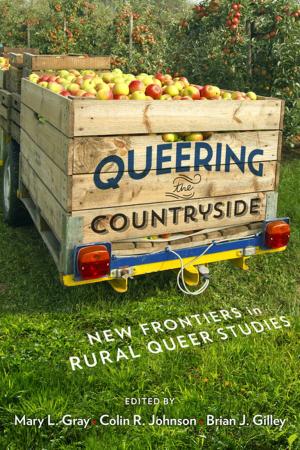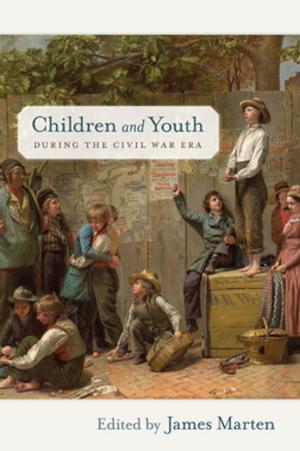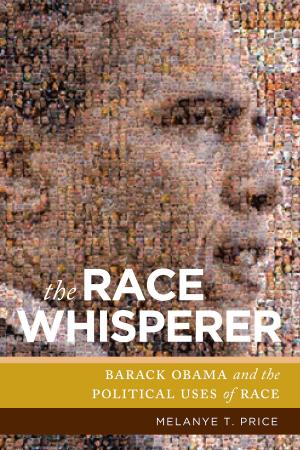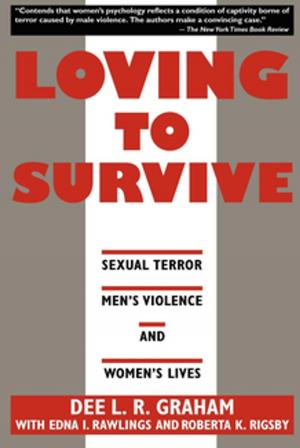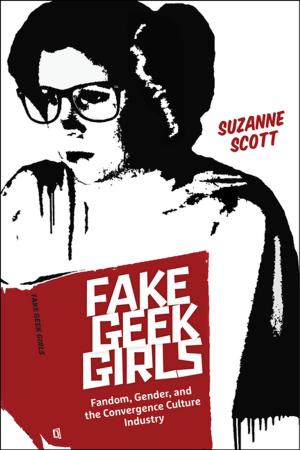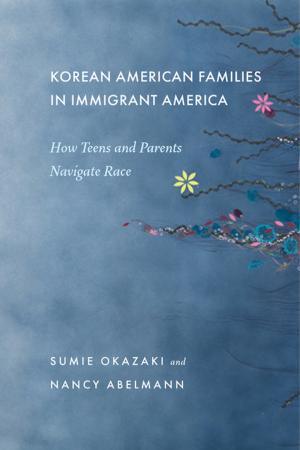Black Women’s Christian Activism
Seeking Social Justice in a Northern Suburb
Nonfiction, Social & Cultural Studies, Social Science, Discrimination & Race Relations, Religion & Spirituality, Christianity, Christian Life| Author: | Betty Livingston Adams | ISBN: | 9781479887354 |
| Publisher: | NYU Press | Publication: | February 16, 2016 |
| Imprint: | NYU Press | Language: | English |
| Author: | Betty Livingston Adams |
| ISBN: | 9781479887354 |
| Publisher: | NYU Press |
| Publication: | February 16, 2016 |
| Imprint: | NYU Press |
| Language: | English |
2017 Wilbur Non-Fiction Award Recipient
Winner of the 2018 Author's Award in scholarly non0fiction, presented by the New Jersey Studies Academic Alliance
In Black Women’s Christian Activism, Betty Livingston Adams examines the oft overlooked role of non-elite black women in the growth of northern suburbs and American Protestantism in the first half of the twentieth century.
When a domestic servant named Violet Johnson moved to the affluent white suburb of Summit, New Jersey in 1897, she became one of just barely a hundred black residents in the town of six thousand. In this avowedly liberal Protestant community, the very definition of “the suburbs” depended on observance of unmarked and fluctuating race and class barriers. But Johnson did not intend to accept the status quo. Establishing a Baptist church a year later, a seemingly moderate act that would have implications far beyond weekly worship, Johnson challenged assumptions of gender and race, advocating for a politics of civic righteousness that would grant African Americans an equal place in a Christian nation. Johnson’s story is powerful, but she was just one among the many working-class activists integral to the budding days of the civil rights movement.
Focusing on the strategies and organizational models church women employed in the fight for social justice, Adams tracks the intersections of politics and religion, race and gender, and place and space in a New York City suburb, a local example that offers new insights on northern racial oppression and civil rights protest. As this book makes clear, religion made a key difference in the lives and activism of ordinary black women who lived, worked, and worshiped on the margin during this tumultuous time.
2017 Wilbur Non-Fiction Award Recipient
Winner of the 2018 Author's Award in scholarly non0fiction, presented by the New Jersey Studies Academic Alliance
In Black Women’s Christian Activism, Betty Livingston Adams examines the oft overlooked role of non-elite black women in the growth of northern suburbs and American Protestantism in the first half of the twentieth century.
When a domestic servant named Violet Johnson moved to the affluent white suburb of Summit, New Jersey in 1897, she became one of just barely a hundred black residents in the town of six thousand. In this avowedly liberal Protestant community, the very definition of “the suburbs” depended on observance of unmarked and fluctuating race and class barriers. But Johnson did not intend to accept the status quo. Establishing a Baptist church a year later, a seemingly moderate act that would have implications far beyond weekly worship, Johnson challenged assumptions of gender and race, advocating for a politics of civic righteousness that would grant African Americans an equal place in a Christian nation. Johnson’s story is powerful, but she was just one among the many working-class activists integral to the budding days of the civil rights movement.
Focusing on the strategies and organizational models church women employed in the fight for social justice, Adams tracks the intersections of politics and religion, race and gender, and place and space in a New York City suburb, a local example that offers new insights on northern racial oppression and civil rights protest. As this book makes clear, religion made a key difference in the lives and activism of ordinary black women who lived, worked, and worshiped on the margin during this tumultuous time.
